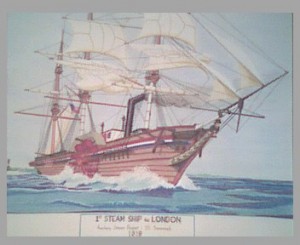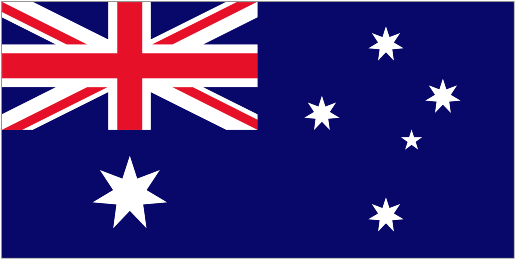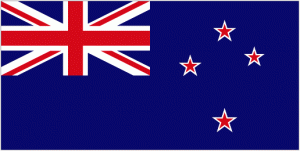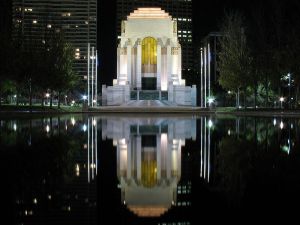August 30
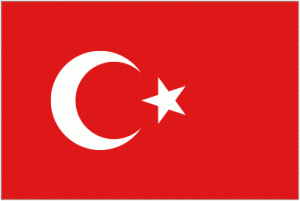
Today (August 30) Turkey celebrates Victory Day. The day honors those who have served in Turkey’s military and who fought heroically in the nation’s battles. Throughout the past two millennia, some of history’s greatest battles have been fought on what is now Turkish soil, but of all these, the Battle of Dumlipinar, fought in August 1922, was singled out to serve as the country’s Victory Day.
The Battle of Dumlipinar was the last major battle of the Greek campaign of the Turkish War for Independence (1919-1923).
After World War I, the Ottoman Empire found itself, along with Germany and the Austro-Hungarian Empire, at the losing end of an Armistice. The Treaty of Mudros didn’t reflect the reality of a war that in many ways was a stalemate. Western powers seized Ottoman towns and territory in the coming years…
“Greece, in a wild imperial venture supported by Britain, had invaded western Anatolia, hoping to make itself an Aegean ‘great power’ and to construct a ‘greater Greece’ out of the ruins of the Ottoman Empire. But the invasion ended not simply in Greece’s defeat at the battle of Dumlupinar in 1922, but in a calamitous rout and slaughter which drove not only the Greek armies but much of the Greek civilian population of Anatolia into the sea.”
As part of the treaty following the Greco-Turkish War, Turks and Greeks engaged in a population exchange, whereby Greek Muslims moved to Turkey and Turkish Christians moved to Greece. (Population Exchange Commission, 1923)
During these same years, Turkish revolutionaries under Mustafa Kemal simultaneously defeated the French and the Armenians in separate campaigns, forcing the Allies to revisit earlier treaties. The Turks dissolved the Sultanate of the Ottoman Empire, and a new Turkish Republic was established, with Mustafa Kemal as its leader.
The Turkish Nation consists of the valiant descendants of a people that has lived independently and has considered independence the sole condition of existence. This nation has never lived without freedom, cannot and never will.
— Mustafa Kemal Ataturk



